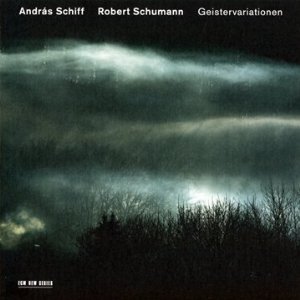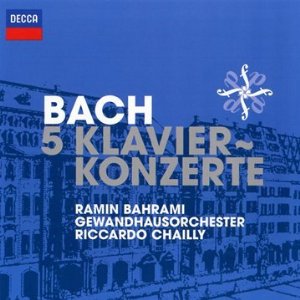There are many ways of breathing new life into Beethoven. Carlos Kleiber used to do it through imagery. He once famously asked his Viennese double basses to play like monkeys during a rehearsal of Beethoven's Seventh. Riccardo Chailly's tactic for his Barbican Beethoven cycle with the Leipzig Gewandhaus orchestra appears to have been to become, if not monkeyish, then at least a bit of a mischievous teenager. Consequently, his first concert saw him throw out the Classical niceties and fill the hall with impish dash and boyish extremes.

Tchaikovsky songs, the most obvious missing link in Olga Borodina's all-Russian programme a couple of Fridays back, formed a spare but unforgettable apex to this second recital in the Barbican's Great Performers series. That in itself, and unusual repertoire - Sviridov the other week, Tchaikovsky's rigorous protégé Taneyev last night - gave the sense of a mini-festival in two concerts. Not forgetting the fact that after Borodina, Amati viola among mezzos, came Hvorostovsky, Guarnerius cello of baritones.
 Schumann: Geistervariationen András Schiff (ECM)
Schumann: Geistervariationen András Schiff (ECM)



The objective: Beethoven’s symphonies. All of them. In numerical order, one after the other. Not only that, but a “powerful” work written in the last century to go with each one. That is Sir Mark Elder’s self-imposed mission for his 12th season with the Hallé. He has described it as the orchestra’s “first Beethoven cycle of the 21st century”. Is that a veiled promise of others to come? Perhaps in another 50 years, which is when the Hallé last tackled the cycle.

“They should have trance nights here,” I heard a young man say to his girlfriend as we entered the domed, craggy splendour of Islington’s Union Chapel. Still a working church, this Victorian Gothic monster is an architectural Escher fantasy of arches and angles, its octagonal layout concealing as much as it reveals on first glance. Add a central stage where you might expect the altar, glowing red under the lights, to a programme of some of Monteverdi’s most erotic madrigals, and it didn’t take a degree in semiotics to realise what was going on.

How good it feels, after several decades of Shostakovich quartet series, to be able to say not just “what a tragic life” but also “what ingenious treatment of great ideas, what a range of universal human emotions”. And even, walking on air away from the second concert in the Pacifica Quartet’s Wigmore Shostakovich cycle, “how accepting, how at one with the world”.

Pundits have always yoked architecture and Bruckner together, touting void and mass at the expense of the dynamic experience music ought to be. Abbado and his Lucerne Festival Orchestra favoured sinuous instability in the Fifth Symphony earlier this week, making the very foundations gyre and gimble. Relatively solid ground last night was due to a more sober conductor and Bruckner symphony: a mixed blessing. The grand design, in fact, came from Leif Ove Andsnes in Rachmaninov’s Third Piano Concerto, making overall sense of a work which has always seemed swooningly resistant to it.
We're living through a golden age of Bruckner conducting. A revolutionary age. Young sparks like Yannick Nézet-Séguin and Ilan Volkov are doing extraordinary things with the Austrian's music, experimenting with speeds and phrasing, reshaping him in a more extraterrestrial, more lithe and modern mould. All of which means that trying to get yourself noticed conducting Bruckner in the 2010s is a bit like trying to get yourself noticed as a footballer in 1970s Brazil. Good luck.

Nearly 50 years have passed since Britten’s War Requiem premiered at the consecration of the reconstructed Coventry Cathedral in May 1962. The intervening years have seen British military campaigns in the Falklands, Iraq, Afghanistan and Libya, and while the process and practice of war has changed beyond recognition, the horror that the pacifist Britten perceived so acutely remains the same.

